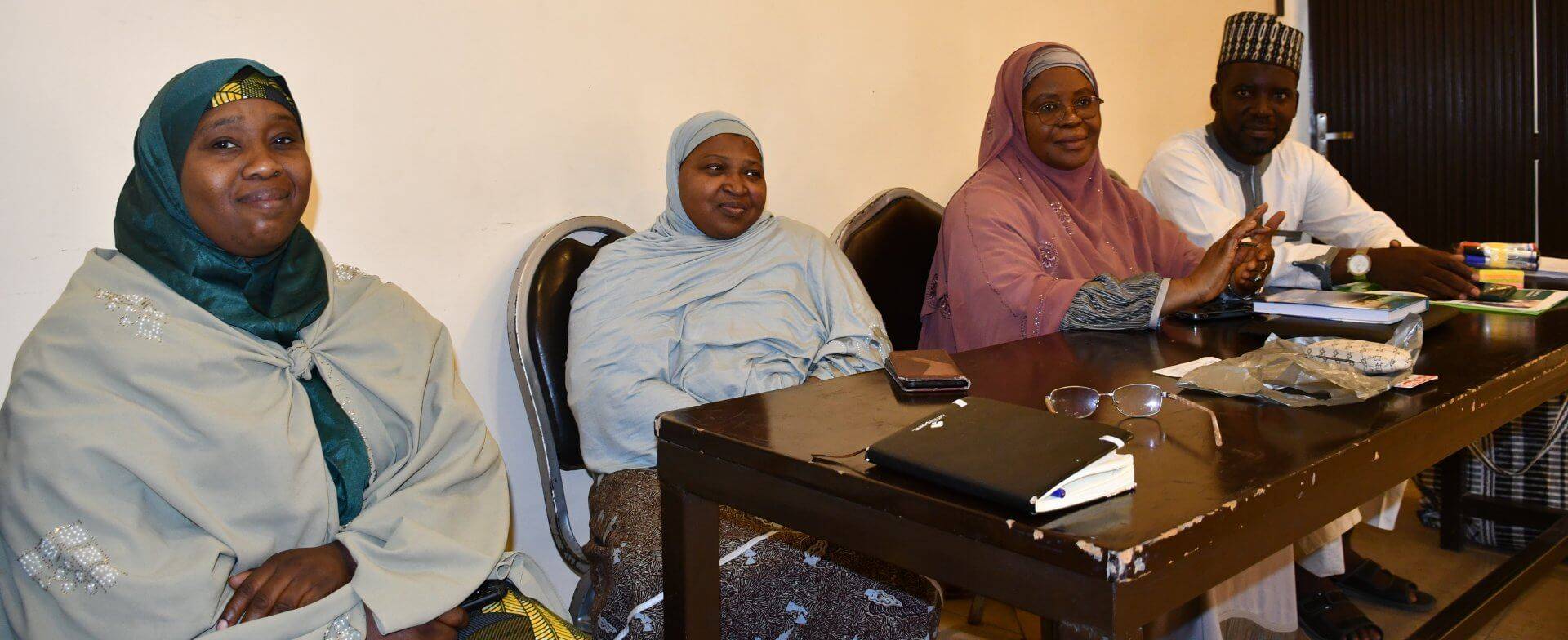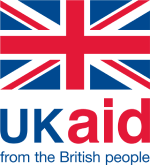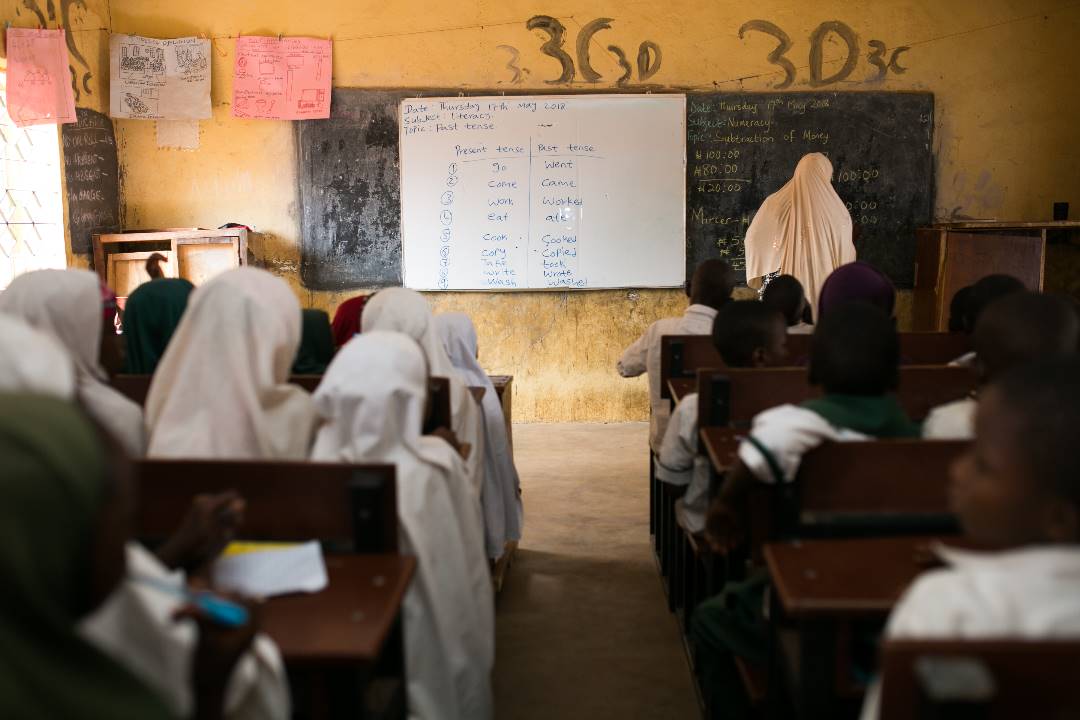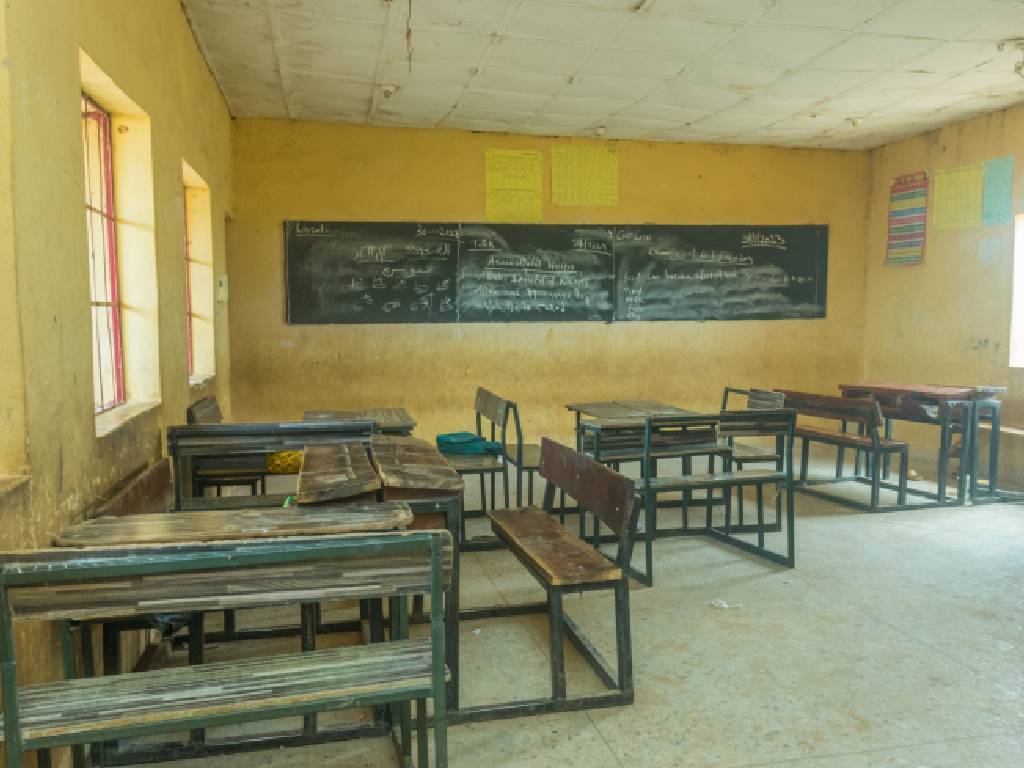
Education plays a pivotal role in society and it is a fundamental right of every child1. Unfortunately, certain societies are unable to fully benefit from education due to emergencies such as conflicts, pandemics, natural disasters, and other crises. These unexpected situations often disrupt the educational process. As a result, children are unable to attend school or continue their learning, which can have long-lasting negative impacts on their lives, communities, and countries. This is where education in emergencies comes into play – a term used to describe the provision of education during times of crisis. The primary objective of education in emergencies is to ensure that children and young people have access to high-quality education, regardless of the disruption caused by emergencies.
This blog post offers insight into the achievement, lessons learnt and recommendations from education in emergency interventions in North-East Nigeria. Focusing on a synthesis study on education in emergencies interventions funded by the Foreign, Commonwealth and Development Office in Nigeria (FCDO-N) in Borno and Yobe states, the author highlights key findings and offers practical recommendations for ensuring access to education in emergency circumstances. The synthesis study was aimed at sharing achievements and recommendations with the wider EiE community and inform ongoing and future programming.”



